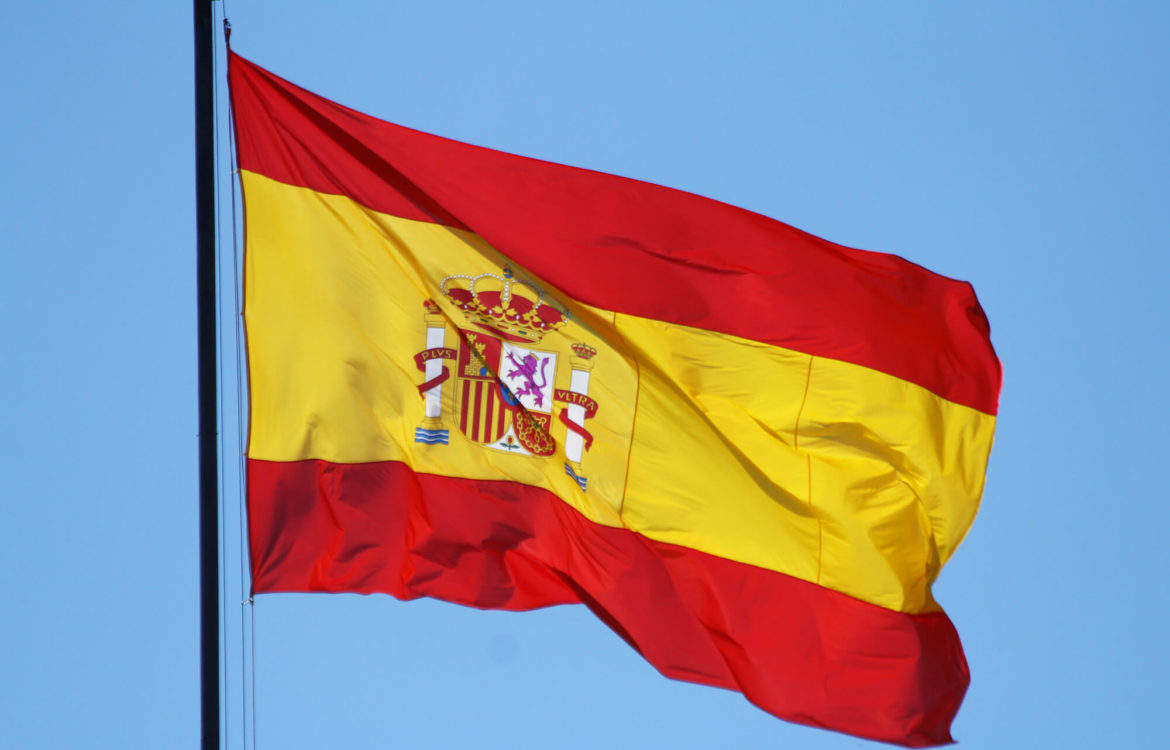
Language – Spanish
Language - Spanish
Language - Spanish
The official language of the Dominican Republic is Spanish. Dominicans who work in touristic services often speak English, French, German and Italian (we met two Dominicans who can speak Czech :)). Once you decide to leave the touristic area it will be necessary for you to speak at least basic Spanish.
Local pronunciation is more likely to be Latin-American than Castilian. It has some distinctive features. Phones – s / a / d / are often swallowed in the middle of the word, and because the Dominicans themselves speak very quickly, it is very difficult to understand them.
A few words you might need in the Dominican Republic: (Dominican pronunciation is in brackets)
REGARDS:
Hello – Hola (ola)
Hello (from dawn till 12:00 am) – Buenos Días
Good afternoon / Good evening (from 12:00 am to sunset) – Buenas tardes
Good night (Can be used as a good evening, used from dark to dawn) – Buenas noches (Buenas nočes)
Good bye – Adios
On sight – Nos vemos
How are you? – Como estas [como estas]– usually followed by an immediate response – Bien y tu? – I’m fine, and you?
WORDS THAT DOMINICANS USE QUITE OFTEN:
Tranquilo [tranqilo] – easy, calm down, do not hurry
Mañana – tomorrow (this means 1-14 days)
Ahora – now (it means 1-3 hours)
Ahorita – right now (it means 20-60 minutes)
OTHER WORDS:
– Gua-gua – a local minibus (for about 20 people) – regular bus line (mostly from city to city, only during the day), stops whenever on reques
– Carrito / Carro publici – a personal car (usually with the sign of carrito) – runs a regular line (mostly from city to city, day and night), stops whenever on request
– Motoconcho (mototaxi) – usually the dominican with a motorcycle who can take you anywhere (and even up to four passangers on one motoconcho) for good price which we recommend to settle in advance. Attention! Do not confuse motoconchO and motoconchA – which means a prostitute!
– Cobrador – [kobrador] – the man who takes money in gua-gua (usually hanging from the door)
– Chofér – [chauffeur] – driver of gua-gua or carrito
– Dinero – money
– Gringo – expression for strangers or tourists
– Colmado – [kolmádo] – a local shop with basic necessities – mainly beer and rum, easy to find basically on every corner
IN RESTAURANT OR IN THE MARKET 1/2:
The bill, please – la cuenta por favor [la kuenta por favor]
Potatoes – papas
Sugar – la azúcar [azukár]
Tea – el té
Daily menu – Menu del día
Dessert – he postre
Bread – el pan
Coffee – café [kafé]
Spoon – la cuchara [la kuchara]
Fork – el tenedor
Knife – el cuchilo [kuchiljo]
Meat – la carne
Menu – la carta
Milk – la leche
Butter – la mantequilla [mantekíďa]
Fruit – la fruta
Paprika – el ají [ahí]
Soup – la sopa
Rum – el ron
Rice – el arroz
Salad – la ensalada
Glass – el vaso or la copa [vaso, kopa]
Salt – la sal
Pepper – la pimienta
Vinegar – el vinagre
Oil – el aceite
Mustard – la mostaza
The bacon – la tocineta
Wine – el vino [vino]
Beer – la cerveza
Nealko (lemonade) – el refresco [refresco]
IN RESTAURANT OR IN THE MARKET 2/2:
Water – el agua
Soda – agua con gas
Ice cream – el helado [elado]
Garlic – el ajo [aho]
Meat broth – el caldo
Flour – la harina [arina]
Shrimps – camarones [kamarones]
Onion – la cebolla [sebolja]
Pork chop – la chuleta [chute]
Pork meat – carne de cerdo
Banana – el guineo
Pineapple – la piña
Beans – habichuelas [avičuela]
Eggs – el huevo [uevo]
Ham – el jamon [chamon]
Lime – el limón
Sausage – la longaniza
Sausage – wurstl – la salchicha [salcher]
Seafood – mariscos [mariskos]
Orange – la naranja [naranha]
Fish – el pescado
Spicy – picante [pikante]
Green banana – platano (only for cooking)
Chicken – el pollo [pojo]
Octopus – el pulpo
Cheese – el queso [keso]
Zelí – el repollo [repoďo]
Beef – carne de res
Sauce – la salsa
Tostones – banana chips (platano, something like French fries)
How much is it – cuanto cuesta [kuanto kuesta]


